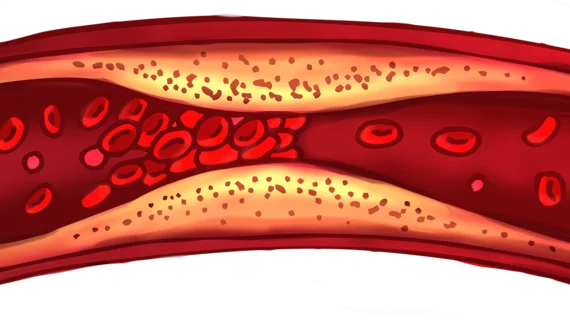Viz.ai’s automated ventricle assessor cleared
The FDA has OK’d an algorithm that automatically ratios the diameter of the right ventricle vs. that of the left on CT pulmonary angiography studies for patients with pulmonary embolism (PE).
In a Sept. 1 announcement the software’s supplier, San Francisco-based Viz.ai, says its RV/LV ratio algorithm—the acronym is for right ventricle/left ventricle—enters its product lineup as a new component of the Viz PE product the company launched last fall.
That tool uses deep learning to detect pulmonary embolisms in less than two minutes, Viz.ai says. To this the new component adds an automated assessment of potential right ventricle dilation.
This information enables multidisciplinary care teams to quickly decide on appropriate treatments and care settings regardless of the patient’s location at the time of the initial PE assessment, the company explains.
The announcement quotes interventional cardiologist Kenneth Rosenfield, MD, of Massachusetts General Hospital.
“[T]he true killer in patients with PE is failure of the right heart,” Rosenfield says. “With this clearance, the Viz PE Solution now includes both detection of clot in the lungs and degree of strain on the right heart.”
Viz.ai’s chief clinical officer, Jayme Strauss, adds that the algorithm’s developers expect it to help care teams “quickly make the right clinical decision for their patients, improving outcomes and saving lives.”

